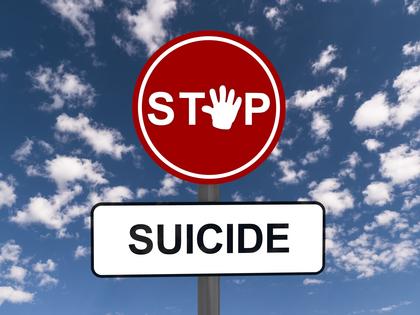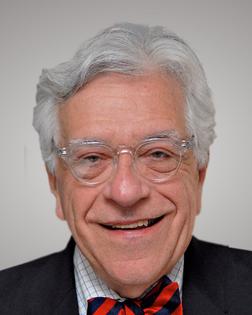The God Squad: From the mailbag: Some reactions to my column on suicide, some questions…
Q: Just read your response to "A" who asked, "Is suicide a forgivable sin because soon I will commit it?" Well, you gave excellent advice, but you never answered the question. Suicide is murder in the first degree, so it is definitely not a forgivable sin. As a Catholic, I was taught, and I believe, that murder and suicide are mortal sins that would send your soul straight to Hell. What does Judaism have to say about it? (From L)
And this from S…
Hello! I would hope you would directly answer this sincere question, but you did not. I would like to know the answer, as well. I love reading your column. But this one left me frustrated and I’m sure the person asking the question felt the same. Thank you! (From S)
A: I do not quite understand what they are really asking. The choice to murder oneself is obviously wrong. It is prohibited along with all murder in the Ten Commandments. By the way, the Hebrew of this fifth or sixth commandment (depending on how one counts them) is lo tirtzach, which means, “you shall not murder.” Unfortunately, the KJV and other Bible translations deviate from the original Hebrew text and translate it as, “Thou shalt not kill.” The Hebrew for that mistranslation is lo taharog and that is not the text we have.
This is not just a grammatical quibble. If God is commanding us never to kill, that is quite different from God commanding us never to murder. All murder is killing but not all killing is murder. Murder is morally unjustifiable killing. If that were the prohibition, then we would be violating God’s commandment if we kill animals for food; or if we spray to kill pests that are eating our crops; or if we kill in self-defense; or if we kill to fight a just war (which is actually just collective self-defense). Of course, there are many people who defend the moral proposition that all killing is immoral, but most of us follow the clear meaning of the biblical text and limit the scope of the commandment to morally justified killing.
We can debate the scope of that category, but suicide has not been on anyone’s list as justified killing … until now. In a case where a person is in intractable pain that cannot be alleviated with palliative drugs, and is terminally ill, some ethicists have defended a person’s right to ask a doctor to help them end their life. Some states have confirmed the moral legitimacy of physician-assisted suicide. Most have not. It is a difficult debate because life-numbing pain is a difficult issue. I see both sides of this agonizing debate, and whatever one’s views about physician-assisted suicide for the terminally ill might be, the case of A is different. I am assuming (without evidence because his note was so brief) that A is not terminally ill but rather is severely depressed. That is why I was trying to think of anything to say to help A reject a choice that cannot be undone—a choice that would prevent him from ever waking up on some future bright and perfect morning and saying to himself, “How could I have ever considered giving up the beauty and joy of this day and this life because of a brief but deep bout with despair?” That is what I was trying to do with my words.
Your question is whether or not God would forgive him if the purpose of living eluded him. Is that a forgivable sin? The reason I consider your question odd is that I cannot figure out what you are asking. Are you asking if it is wrong or really wrong or unforgivably wrong? It is wrong and that is enough for me. We know suicide is murder and is against God’s will because God is the author of life and death and our job is to do the best we can with the life we have been given and life we have chosen. Suicide is a sin and there are rituals in every faith to atone for sin. The strongest argument that suicide is unforgivable is that it cuts off a person’s ability to atone for the sin of murdering oneself.
My own view is that God is merciful and will forgive even the victims of suicide. I knew a merciful and learned rabbi who was asked if a victim of suicide could be buried in a Jewish cemetery (which is clearly forbidden in Jewish law). The rabbi ruled that the man who had jumped from a high building might have died from a heart attack before he landed and therefore allowed his burial in sacred ground.
That is the way Mercy can soften even grief and woe.
(Send ALL QUESTIONS AND COMMENTS to The God Squad via email at godsquadquestion@aol.com. Rabbi Gellman is the author of several books, including “Religion for Dummies,” co-written with Fr. Tom Hartman.)
©2021 The God Squad. Distributed by Tribune Content Agency, LLC.
(c) 2021 THE GOD SQUAD DISTRIBUTED BY TRIBUNE MEDIA SERVICES, INC.










